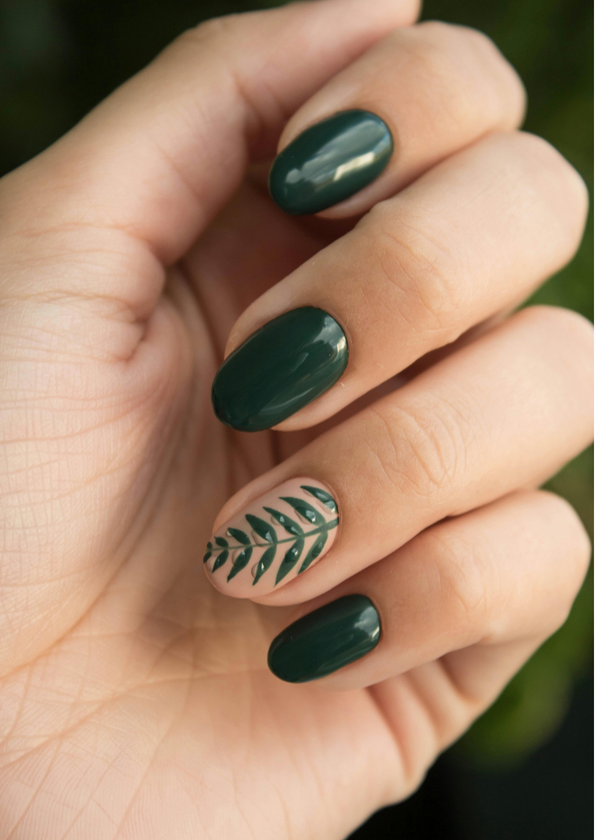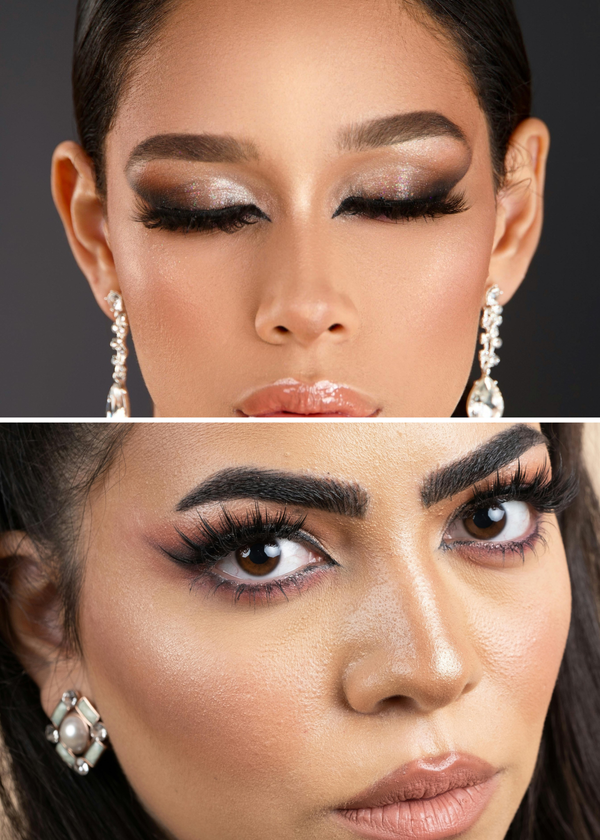When it comes to hair care and growth, there's an overwhelming amount of information available, often accompanied by an equally overwhelming number of products promising miraculous results.
One such product that has garnered attention in recent years is MSM (methylsulfonylmethane), a naturally occurring compound that's been suggested to have potential benefits for hair health.
But the question remains: Does MSM really make your hair thicker? In this article, we'll delve into the scientific research and separate fact from fiction.
Understanding MSM: What Is It and How Does It Work?
Before we dive into the potential effects of MSM on hair thickness, let's start by understanding what MSM is and how it works. MSM is a sulfur-containing compound that's found in various foods and in small amounts in the human body.
It's often taken as a dietary supplement and has been studied for its potential benefits on a range of health conditions, including joint pain, skin health, and hair growth.
The proposed mechanism behind MSM's effects on hair growth is its role in providing sulfur, which is an essential component of various proteins and enzymes.
Hair is primarily composed of a protein called keratin, and sulfur bonds within keratin molecules are believed to contribute to the strength and structure of the hair strand.
Proponents of MSM supplementation argue that by providing the body with more sulfur, it could potentially lead to stronger and thicker hair.
The Lack of Comprehensive Scientific Evidence
While the theory behind MSM's potential benefits for hair health is intriguing, it's important to note that the scientific evidence supporting these claims is currently limited and often inconclusive.
There is a lack of well-designed, large-scale clinical trials specifically focused on the effects of MSM supplementation on hair thickness.
Many of the existing studies are small, have methodological limitations, and provide conflicting results. Some animal studies have shown a positive impact of MSM on hair growth and quality, but translating these findings directly to humans is a complex process.
Additionally, the few human studies that have been conducted often lack rigorous controls and have not consistently demonstrated significant improvements in hair thickness.
Hair Health is Multi-Factorial
Hair health and growth are influenced by a multitude of factors, including genetics, hormonal balance, nutrition, overall health, and hair care practices. Assuming that a single compound like MSM can dramatically increase hair thickness oversimplifies the complex nature of hair biology.
While sulfur is indeed important for hair structure, it's just one piece of the puzzle.
Genetics play a significant role in determining an individual's hair thickness, density, and growth rate. Hormonal imbalances, such as those associated with conditions like polycystic ovary syndrome (PCOS), can lead to hair thinning regardless of sulfur intake. Moreover, inadequate nutrition, stress, and certain medical conditions can contribute to hair loss and thinning.
The Placebo Effect and Anecdotal Evidence
In discussions about supplements and their effects, the placebo effect and anecdotal evidence often play a significant role.
Some individuals who take MSM supplements might report positive changes in their hair thickness, but these effects could be influenced by a range of factors, including the placebo effect (believing that the supplement will work) and natural fluctuations in hair growth.
Anecdotal evidence, while compelling on a personal level, cannot replace the need for rigorous scientific research.
People's perceptions of changes in their hair thickness can be subjective and might not accurately reflect objective changes in hair structure.
The Importance of a Holistic Approach
Rather than relying solely on MSM supplements to achieve thicker hair, a more effective approach would be to adopt a holistic approach to hair care and health. This includes:
- Nutrition: Ensuring you have a balanced and nutrient-rich diet that provides essential vitamins and minerals for hair health, such as biotin, zinc, vitamin D, and protein.
- Healthy Lifestyle: Managing stress, getting regular exercise, and prioritizing sleep can contribute to overall well-being, which in turn can positively impact hair health.
- Proper Hair Care: Using gentle hair care practices, avoiding excessive heat styling, and protecting your hair from environmental damage can help maintain hair thickness.
- Medical Advice: If you're experiencing significant hair loss or thinning, it's important to consult a medical professional or dermatologist to rule out any underlying medical conditions and receive appropriate guidance.
In Conclusion:
While the idea of using MSM to make hair thicker is appealing, the scientific evidence supporting this notion is currently limited and inconclusive. Hair health is a complex interplay of genetics, hormones, nutrition, and overall well-being, and expecting a single supplement to work wonders might lead to disappointment.
If you're interested in improving your hair health, it's advisable to focus on a comprehensive approach that includes a balanced diet, proper hair care, and a healthy lifestyle. While MSM might not be a magic bullet for hair thickness, taking care of your body and your hair can contribute to overall hair health and quality.
Remember, individual responses to supplements can vary, and it's always a good idea to consult with a healthcare professional before starting any new supplementation regimen.
As the scientific community continues to explore the potential benefits of MSM and other compounds for hair health, staying informed and critical of the available evidence is crucial.








